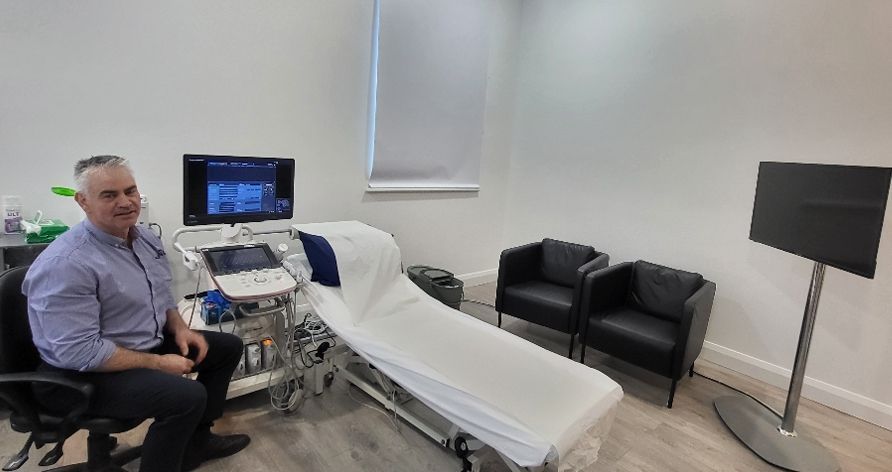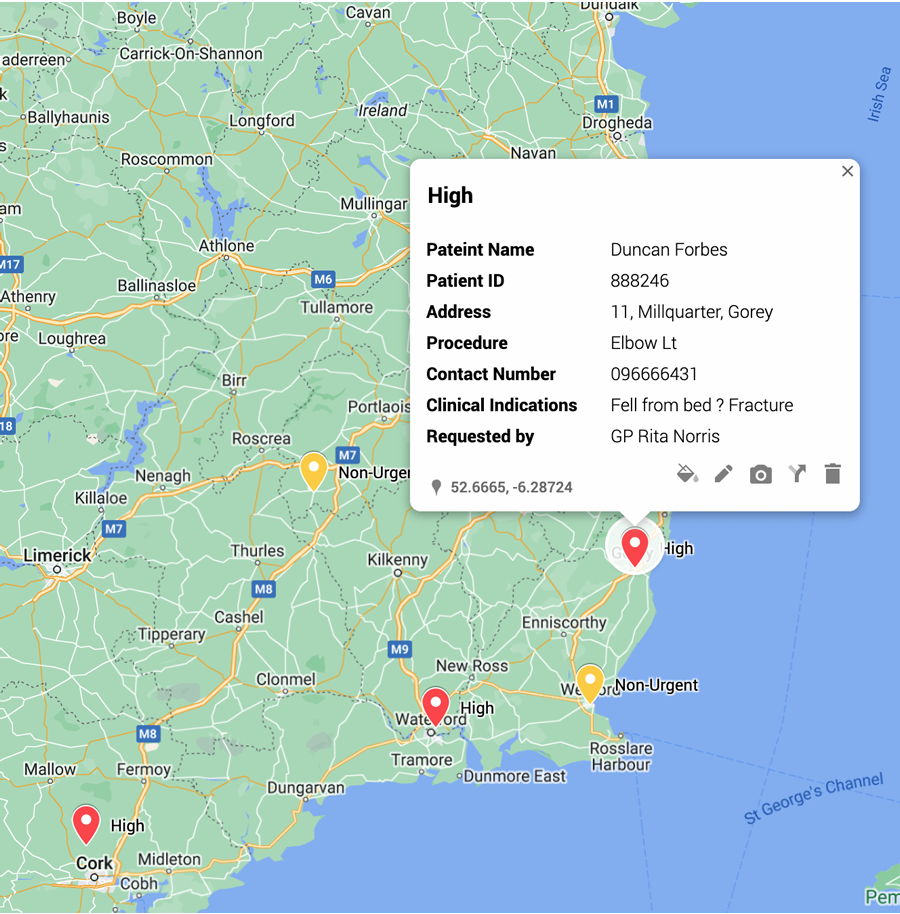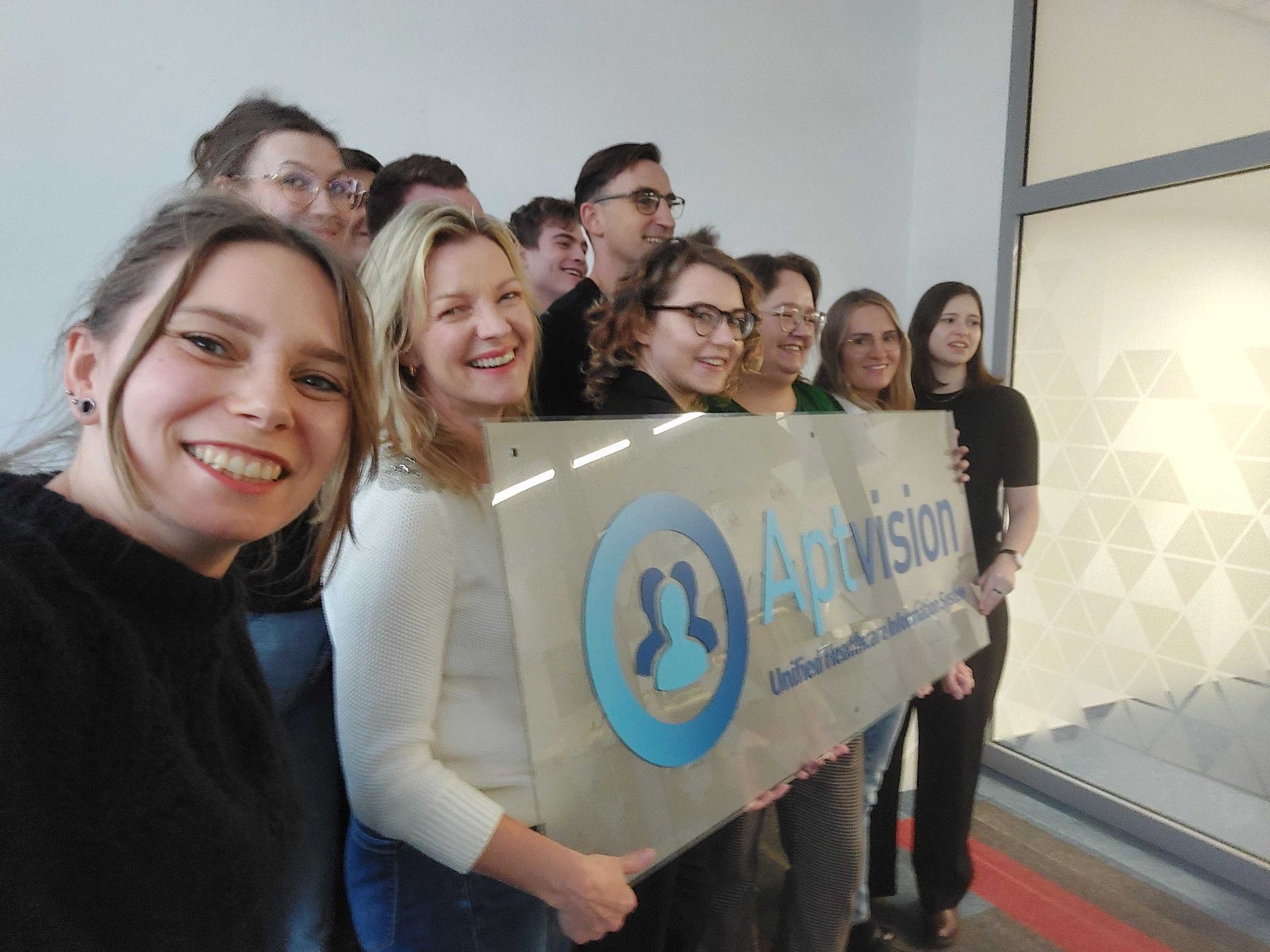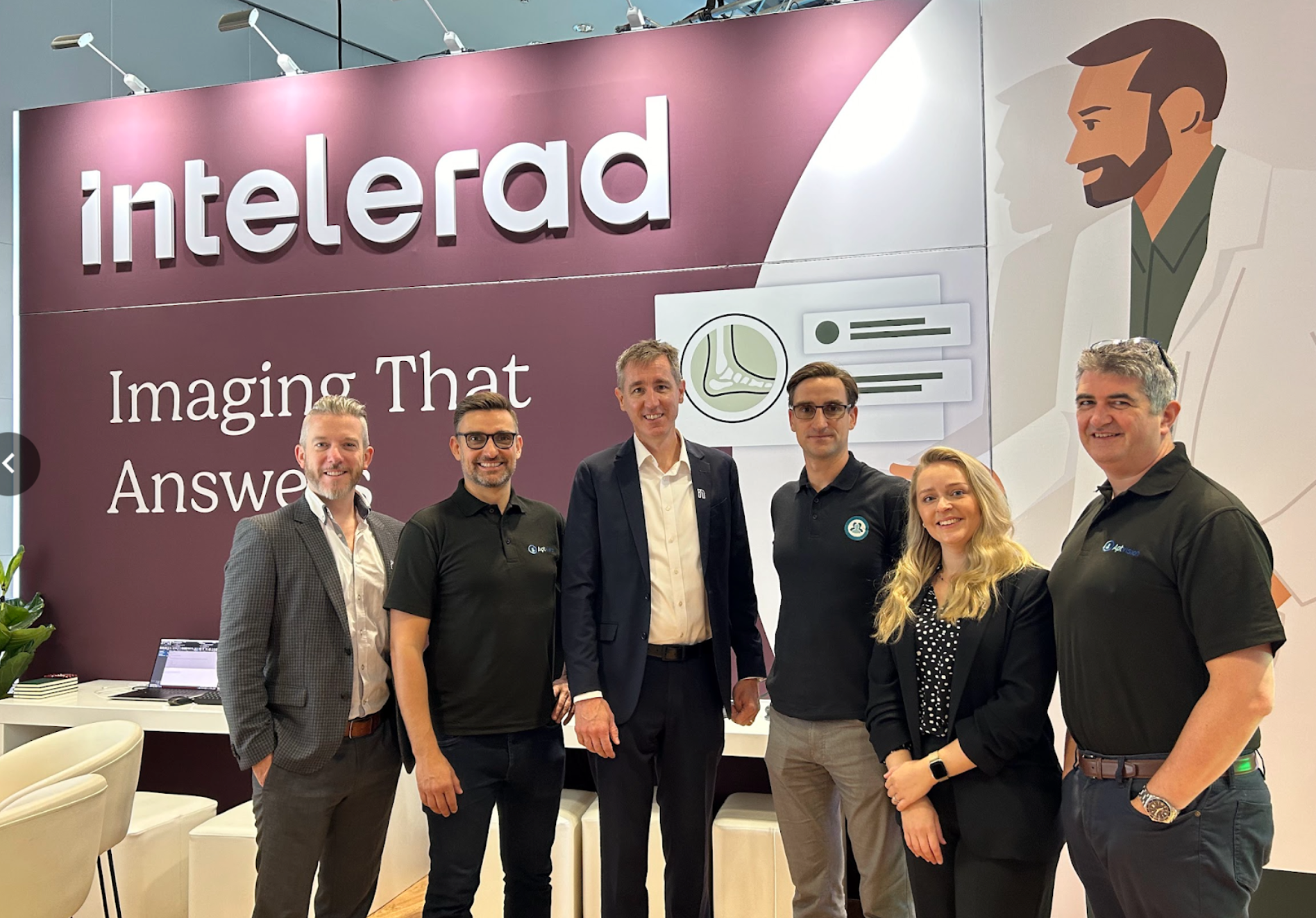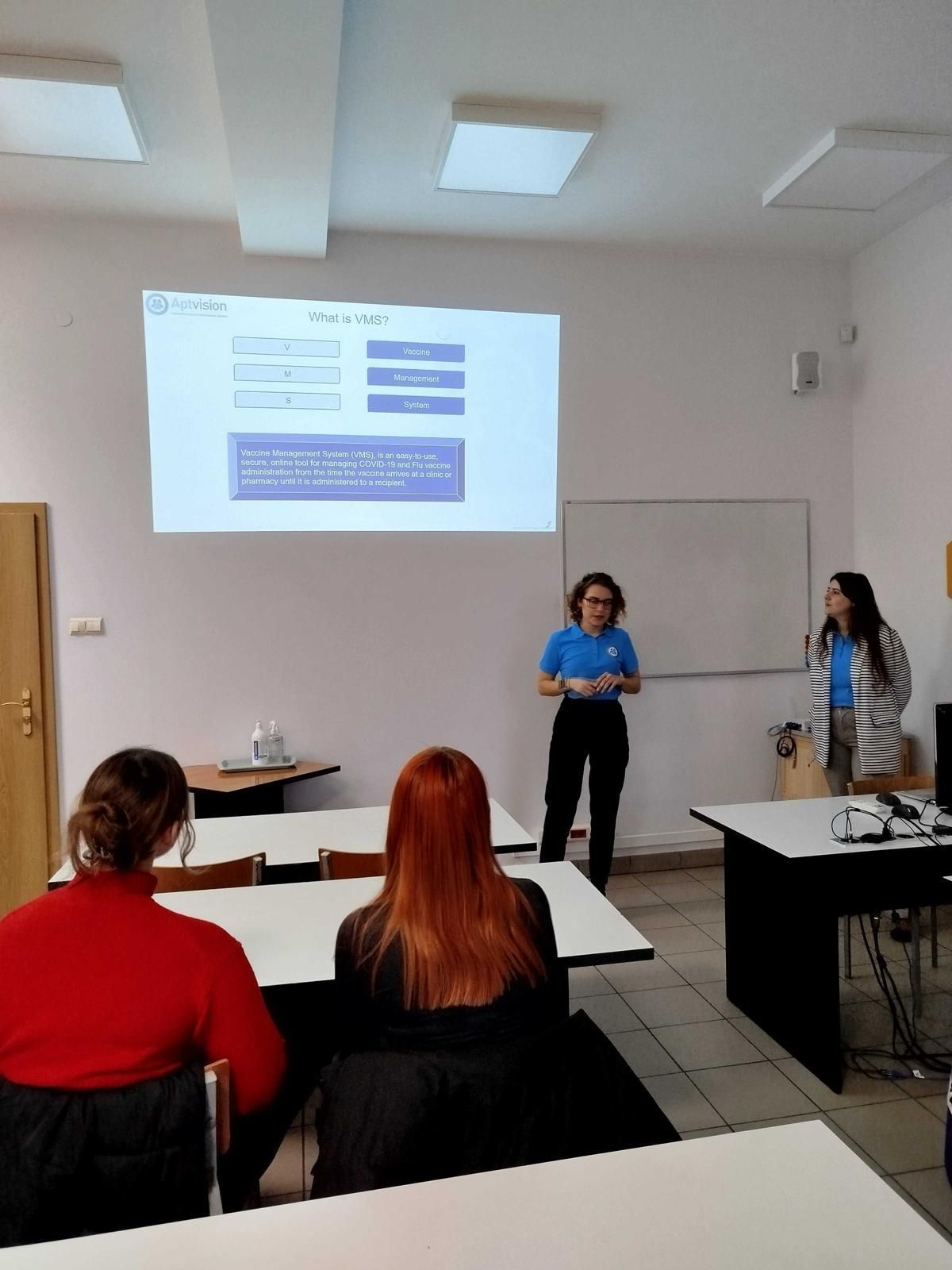How might Radiology Reporting Change and how is Aptvision planning for it?
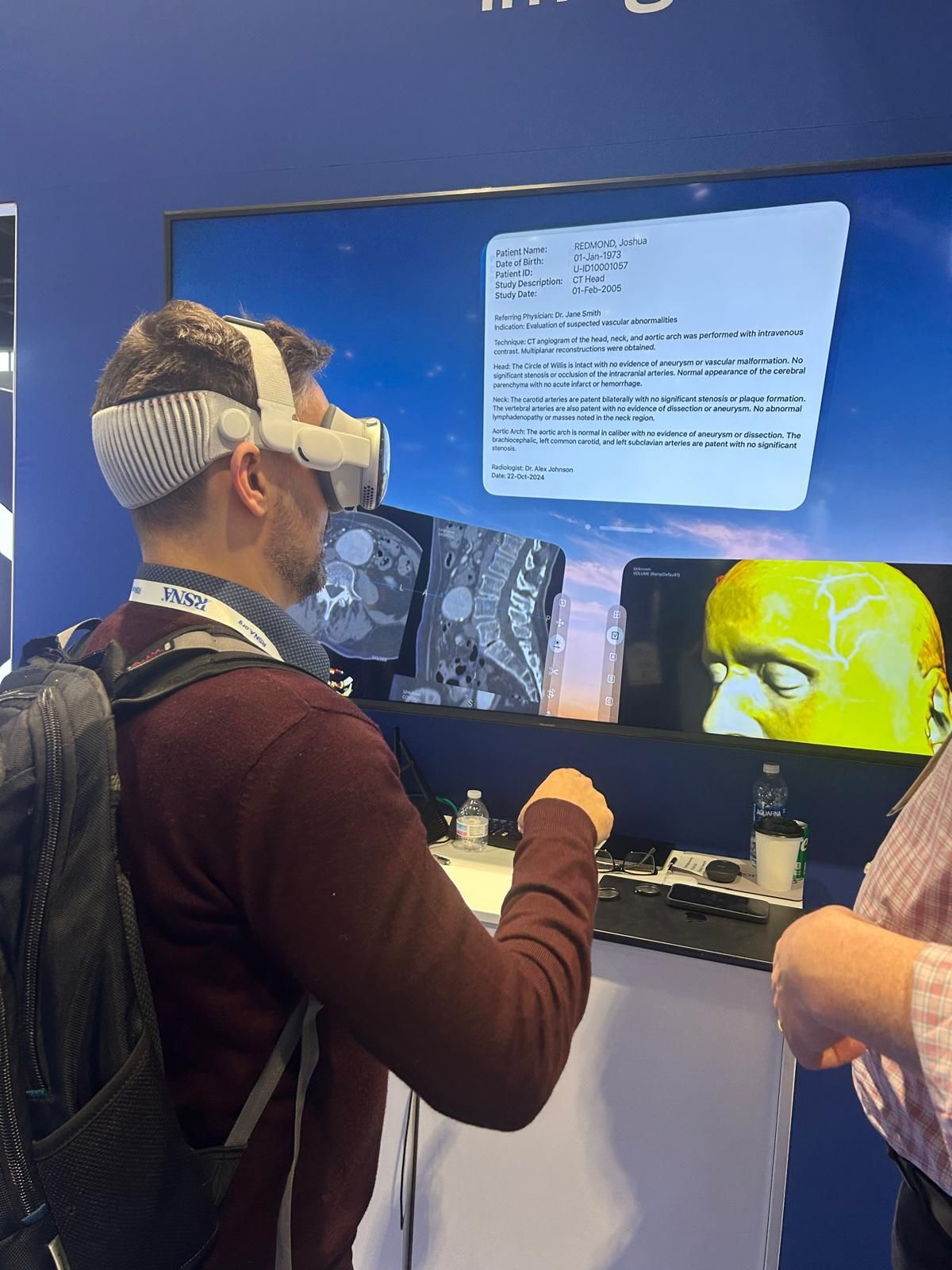
The Future of Radiology Reporting: Generative AI and NLP in visionRIS
In this blog we consider the current and potential future capabilities of visionRIS and how it may be used by Radiologists to report imaging.
The demand for radiology services is rising at an unprecedented pace, yet the availability of radiologists is not keeping up. This imbalance forces healthcare organisations to explore innovative solutions to enhance efficiency without compromising quality. Furthermore, the nature of radiology reporting itself is evolving, with an increasing emphasis on granular, clinically coded findings that can be seamlessly integrated into upstream and downstream healthcare systems. These structured reports enhance diagnostic accuracy, inform treatment planning, contribute to AI model training, and streamline billing.
As radiology departments navigate these shifts, modern Radiology Information Systems (RIS) must evolve to support radiologists in their workflows. Aptvision’s visionRIS is at the forefront of this transformation with our R&D programmes geared towards leveraging AI and Natural Language Processing (NLP) to create a smarter, more efficient radiology ecosystem that enhances—rather than replaces—radiologists’ expertise.
Automating the Referral-to-Booking Workflow
Today’s referral systems increasingly incorporate Clinical Decision Support (CDS), ensuring that imaging requests align with best-practice guidelines (such as those from iRefer). visionRIS is already capable of integrating these decision-support mechanisms to enable semi-automated scheduling workflows. In the near future, this process could become fully autonomous, allowing:
- Automatic validation of referrals against best-practice guidelines.
- Instantaneous patient notifications via a secure portal to book an appointment.
- Automated confirmations and reminders, reducing administrative workload.
While full automation depends on local policies, the benefits are clear: reduced scheduling delays and administrative burden, leading to faster patient access to imaging.
AI-Driven Reporting: From Automation to Assistance
1. Autonomous AI Reporting
Fully autonomous AI-driven reporting solutions are emerging, and visionRIS is already capable of integrating with these platforms. AI-generated findings can be inserted into structured report templates and seamlessly distributed to referrers, automating the reporting process for specific, well-defined cases. However, widespread adoption of autonomous reporting remains limited, as AI still requires oversight for complex cases.
2. AI-Assisted Reporting
Rather than replacing radiologists, AI-assisted reporting aims to enhance efficiency and accuracy. Advanced AI platforms, such as Pixyl, can significantly reduce reporting times for complex cases. For example, comparing MRI scans for multiple sclerosis (MS) can be shortened from 30+ minutes to just 8 minutes, while also generating structured visual reports that improve communication with referrers and patients.
Incorporating AI-assisted structured reports into visionRIS allows radiologists to:
- Combine AI-generated insights with their own expertise for a richer, more informative report.
- Reduce time spent on routine tasks, focusing more on complex diagnostic challenges.
- Improve reporting consistency and ensure clinically coded outputs that integrate with electronic health records (EHRs).
3. Prioritising Studies for Reporting
With AI-generated findings, visionRIS can prioritise worklists, ensuring that urgent or complex cases are flagged for immediate review. This capability enhances workflow efficiency and ensures faster diagnosis for critical patients. visionRIS already fully supports the sharing and acknowledgement of Urgent or Unexpected findings either within its own Ordercomms portal or external Ordercomms.
The Next Frontier: Large Language Models (LLMs) and Generative AI
visionRIS is actively exploring the integration of Google Gemini AI and other generative AI technologies to revolutionise radiology reporting. The potential applications include:
- Enhanced Structured Reporting: AI can convert dictated reports into structured, clinically coded outputs, ensuring consistency and completeness.
- Automated Summarisation: Generating concise summaries of findings and conclusions, saving radiologists valuable time.
- Measurement Extraction & Verification: Automatically pulling key measurements from imaging studies and integrating them into reports.
- Error Detection & Omissions Highlighting: Identifying potential mismatches or missing elements in reports compared to AI-detected imaging abnormalities.
- Comparative Analysis: AI could automatically generate brief summaries comparing current and previous imaging findings, reducing the radiologist’s need to manually review past reports.
- Case-Based Learning & Decision Support: By linking complex cases to similar previously encountered cases or reference studies, AI can provide contextual insights to aid radiologists in challenging diagnoses.
The Future of visionRIS: Smarter Technology to Support Radiologists
At Aptvision, we recognise that radiologists are irreplaceable—their expertise, clinical judgment, and decision-making are paramount. AI and NLP are not here to take over but to enhance productivity, reduce fatigue, and improve patient outcomes.
The visionRIS roadmap is designed to:
- Automate the routine to free up time for radiologists to focus on complex cases.
- Enhance decision-making with AI-assisted insights, structured reports, and case-based references.
- Streamline reporting workflows, improving efficiency without sacrificing quality.
- Ensure structured, clinically coded outputs that integrate seamlessly with healthcare IT ecosystems.
By strategically adopting AI and NLP, visionRIS is evolving into a radiologist’s best assistant, making reporting more efficient while delivering greater value to referrers, healthcare providers, and ultimately, patients.
Are you ready for the future of radiology reporting? Contact us today to learn more about how visionRIS can empower your radiology department to work smarter, not harder.

